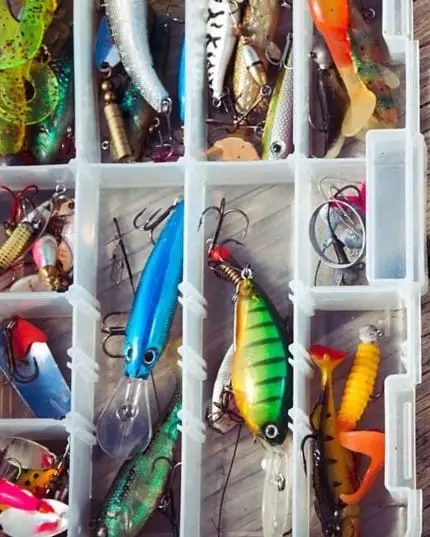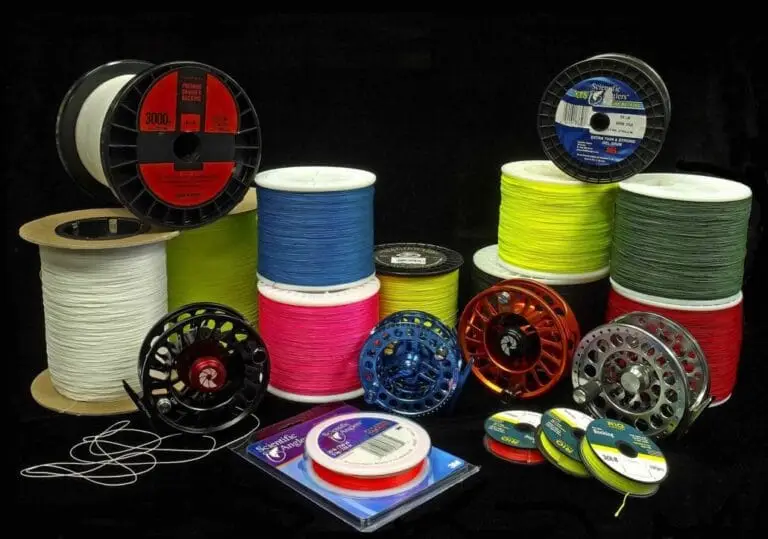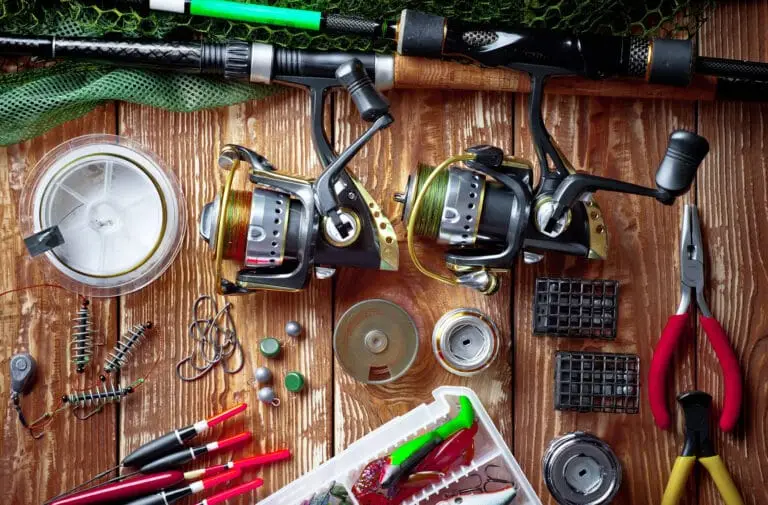Beginner’s Mistakes to Avoid in Angling
Beginner’s Mistakes to Avoid in Angling: A Comprehensive Guide
Fishing, or angling, is a fantastic activity for relaxation, skill-building, and connecting with nature. However, as a beginner, it’s common to make mistakes that can hinder your success or enjoyment. Understanding these pitfalls will help you avoid frustration and set you on the path to becoming a skilled angler. Here’s a detailed guide on the most common beginner mistakes and how to avoid them.
1. Overcomplicating Gear Selection
The Mistake:
Beginners often feel the need to buy every piece of equipment available, leading to confusion and unnecessary expense.
How to Avoid:
- Start Simple: Begin with a basic rod-and-reel combo suitable for your target species.
- Stick to Essentials: A tackle box with hooks, sinkers, a few lures, and line cutters is enough to get started.
- Research Before Buying: Consult local anglers or online resources to determine what gear is necessary for your fishing location and target fish.
2. Ignoring Local Fishing Regulations
The Mistake:
Fishing without understanding local laws can lead to fines or harm to fish populations.
How to Avoid:
- Get Licensed: Ensure you have the correct fishing license for your area.
- Know the Rules: Familiarize yourself with size limits, catch limits, and seasonal restrictions for your target species.
- Respect Protected Areas: Avoid fishing in restricted zones or during breeding seasons.
3. Using the Wrong Bait or Lures
The Mistake:
Using bait or lures that are not suited for the target fish reduces your chances of catching anything.
How to Avoid:
- Research Fish Preferences: Learn what your target species typically eats.
- Match the Hatch: Use bait or lures that resemble local prey, such as worms for freshwater fish or shrimp for saltwater species.
- Experiment: Bring a variety of baits and lures to find what works best on the day.
4. Poor Casting Technique
The Mistake:
Inaccurate or overly forceful casting can scare fish away or tangle your line.
How to Avoid:
- Practice: Spend time practicing casting in an open area or yard before your trip.
- Watch Tutorials: Online videos and tutorials can help you learn proper techniques.
- Start Small: Begin with short, controlled casts and gradually increase your distance as you improve.
5. Fishing in the Wrong Spot
The Mistake:
Randomly casting your line into open water without considering where fish are likely to be.
How to Avoid:
- Observe the Water: Look for signs of fish activity, such as ripples, jumping fish, or shaded areas.
- Target Structures: Fish often gather near underwater structures like rocks, vegetation, or drop-offs.
- Seek Advice: Ask local anglers for recommendations on the best fishing spots.
6. Not Paying Attention to Weather and Tides
The Mistake:
Fishing during unfavorable weather conditions or ignoring tidal patterns can reduce your chances of success.
How to Avoid:
- Check the Forecast: Fish are more active during calm, overcast conditions rather than in extreme heat or wind.
- Understand Tidal Patterns: In saltwater fishing, fish are often more active during rising or falling tides.
- Be Prepared: Dress appropriately for the weather and bring necessary safety gear.
7. Using the Wrong Fishing Line
The Mistake:
Choosing the wrong type or weight of fishing line can lead to lost fish or tangled lines.
How to Avoid:
- Match the Line to the Fish: Use lighter lines for smaller species and heavier lines for larger fish.
- Know the Types:
- Monofilament: Affordable and versatile.
- Braided: Strong and abrasion-resistant.
- Fluorocarbon: Invisible in water, great for clear conditions.
- Check Your Line: Regularly inspect for frays or weak spots and replace when necessary.
8. Impatience
The Mistake:
Expecting instant success and losing patience when fish don’t bite.
How to Avoid:
- Set Realistic Expectations: Fishing requires patience and persistence.
- Enjoy the Process: Focus on learning and the experience, not just catching fish.
- Stay Flexible: If one spot or technique isn’t working, try something different.
9. Mishandling Fish
The Mistake:
Improper handling can injure fish or reduce their chances of survival when released.
How to Avoid:
- Use a Net: Helps secure the fish safely without causing harm.
- Wet Your Hands: Prevents removing the fish’s protective slime layer.
- Quick Release: Minimize the time the fish is out of the water.
- Know Proper Catch-and-Release Techniques: Learn how to remove hooks gently and revive fish before release.
10. Skipping Safety Precautions
The Mistake:
Neglecting safety measures can lead to accidents or injuries.
How to Avoid:
- Wear a Life Jacket: Especially when fishing from a boat or in deep waters.
- Bring a First Aid Kit: Prepare for minor cuts, hooks, or insect bites.
- Stay Hydrated and Protected: Carry water, sunscreen, and a hat to avoid dehydration and sunburn.
- Let Someone Know Your Plan: Inform a friend or family member of your location and expected return time.
11. Overlooking Proper Maintenance of Gear
The Mistake:
Using dirty or poorly maintained gear can lead to equipment failure.
How to Avoid:
- Clean After Each Use: Rinse gear with freshwater, especially after saltwater trips.
- Store Properly: Keep your equipment dry and organized to prevent rust or damage.
- Inspect Regularly: Check your rods, reels, and lines for wear and tear before each trip.
12. Neglecting to Learn from Others
The Mistake:
Trying to figure everything out on your own can slow your progress.
How to Avoid:
- Ask for Advice: Most anglers are happy to share tips and tricks.
- Join a Community: Fishing clubs or online forums can provide valuable resources and camaraderie.
- Learn by Watching: Observe experienced anglers in action and emulate their techniques.
Conclusion
Avoiding these common mistakes will help you build confidence and enjoy your angling experience. Remember, fishing is a skill that improves with practice and patience. By starting with the basics, staying prepared, and learning from each trip, you’ll set yourself up for success on the water. Tight lines and happy fishing!







